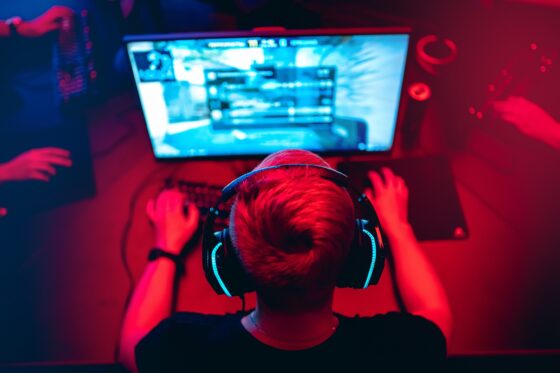
Time spent playing video games has no impact on gamers’ well-being, concludes a major study conducted by the University of Oxford and published on Wednesday, July 27.
“We found little or no evidence of a causal relationship between video gaming and well-being”we can read in this study that followed nearly 40,000 players over the age of 18 for six weeks.
“For good or bad, the average effects (of video games) on gamers’ well-being are likely to be very small, and more data is needed to determine potential risks,” say the researchers whose work has been published in the journal The Royal Society.
To study their well-being, players were asked about their emotions in daily life, including their level of happiness, sadness, anger or frustration.
The researchers also relied on game time data from the developers of seven video games, from the simulation game “Animal Crossing” to the open-world car race “The Crew 2.”
According to the study, the effects of video games, both positive and negative, would only be noticeable if a gamer played more than 10 hours a day.
These results contradict a study conducted in 2020, in the midst of a pandemic, by the same University of Oxford, which subsequently concluded that playing video games could be good for mental health, as opposed to those that an absence of relationship.
A lack of data and evidence
Video games, especially online games, are regularly accused of affecting players’ mental health, and previous studies have criticized the effect of excessive gaming sessions on the youngest.
“One thing is certain: At the moment there is not enough data and evidence for the government to develop laws and regulations that should restrict gambling among certain population groups,” said Matti Vuorre, one of the authors of the new study.
“We know we need a lot more player data from many more platforms to inform policy and advise parents and healthcare professionals”underlined his colleague Andrew K. Przybylski.
(AFP)